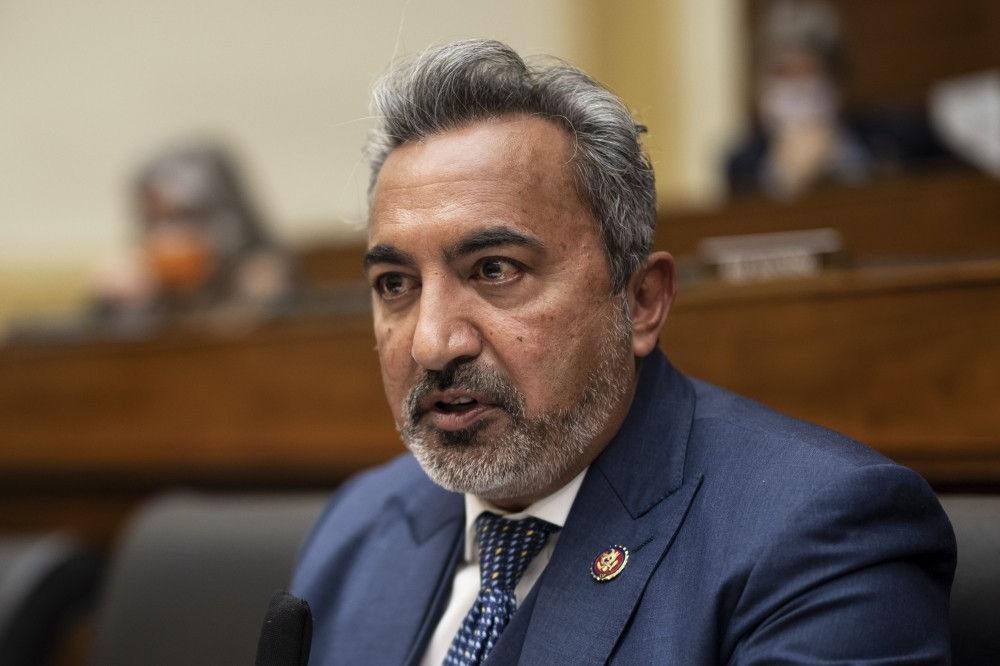24/01/2024
24/01/2024

TAIPEI, Taiwan, Jan 24, (AP): The co-chairs of the US Congressional Taiwan Caucus on Wednesday opened the first trip by US lawmakers to the island where the independence-leaning Democratic Progressive Party won a third straight term in presidential elections this month.
US Reps Ami Bera, a Democrat from California, and Florida Republican Mario Díaz-Balart plan to "engage with senior officials and business leaders,” Bera’s office said in a statement, without naming those with whom they would meet.
"The aim of the trip is to reaffirm US support for Taiwan following their successful democratic elections, express solidarity in their shared commitment to democratic values, and explore opportunities to further strengthen the robust economic and defense relationship between the United States and Taiwan," the statement said.
China, America's chief competitor for global influence, claims Taiwan as its own territory and threatens to use force to bring it under its control. Beijing strongly condemned the election of current Vice President Lai Ching-te as Taiwan's leader and appears set to continue its policy of refusing to engage with the island's government first set down following the election of the DPP's Tsai Ing-wen in 2016.
Beijing objects to any form of official contact between the US and Taiwan and responded to a 2022 visit by then-House Speaker Nancy Pelosi with some of its largest military maneuvers in years, including missile launches and a simulated blockade of the island. It views visits by foreign government officials as them recognizing the island’s sovereignty.
US President Joe Biden has sought to calm that complaint, insisting there’s no change in America’s longstanding "one-China policy,” which recognizes Beijing but allows informal relations and defense ties with Taipei.


